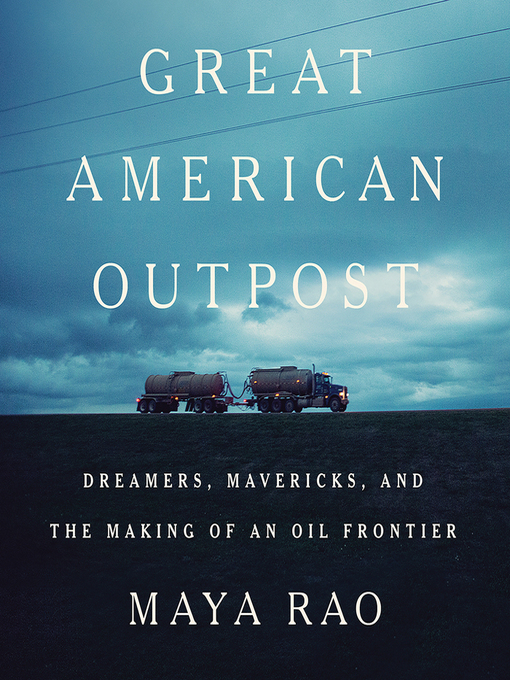- All eBooks
- Available now
- New eBook additions
- New kids additions
- New teen additions
- Most popular
- Try something different
- Ready for Romance?
- Up Close and Personal: Biographies and Autobiographies
- See all ebooks collections
- All Audiobooks
- Available now
- New audiobook additions
- New kids additions
- New teen additions
- Most popular
- Try something different
- Otherworldly Audio
- Give Your Eyes a Break
- Audiobooks for the Whole Family
- Nifty Narrators
- Poetry: Meant to be Spoken
- No-Wait Audiobooks
- See all audiobooks collections
- Popular Magazines
- Let's Get Cooking!
- Home & Garden Magazines
- Celebrity Magazines
- News, Politics, and Business
- All Magazines
- See all magazines collections



